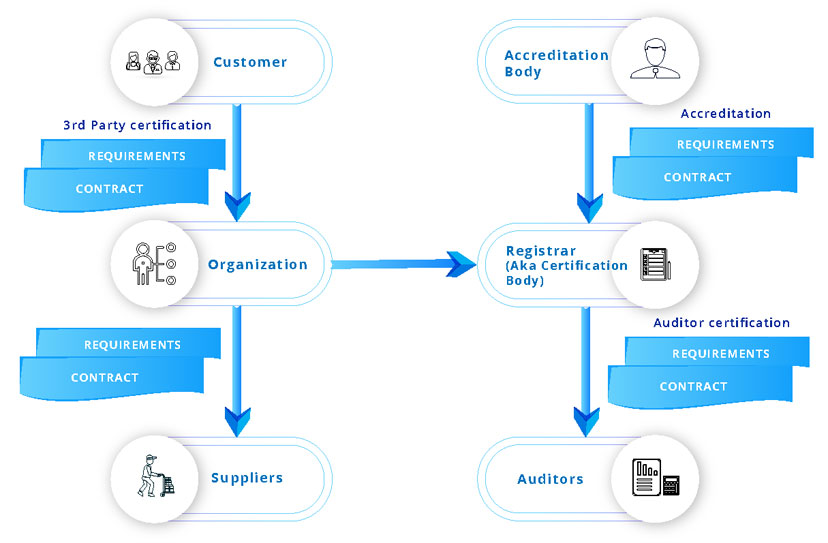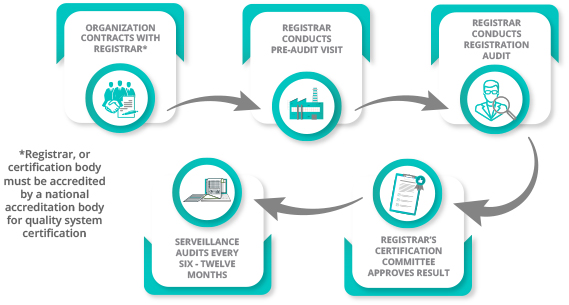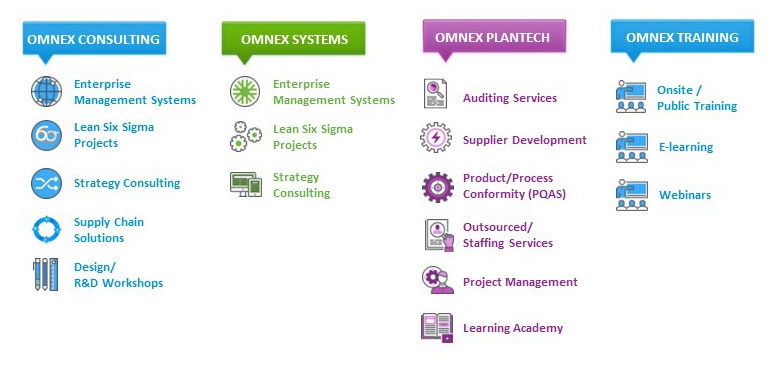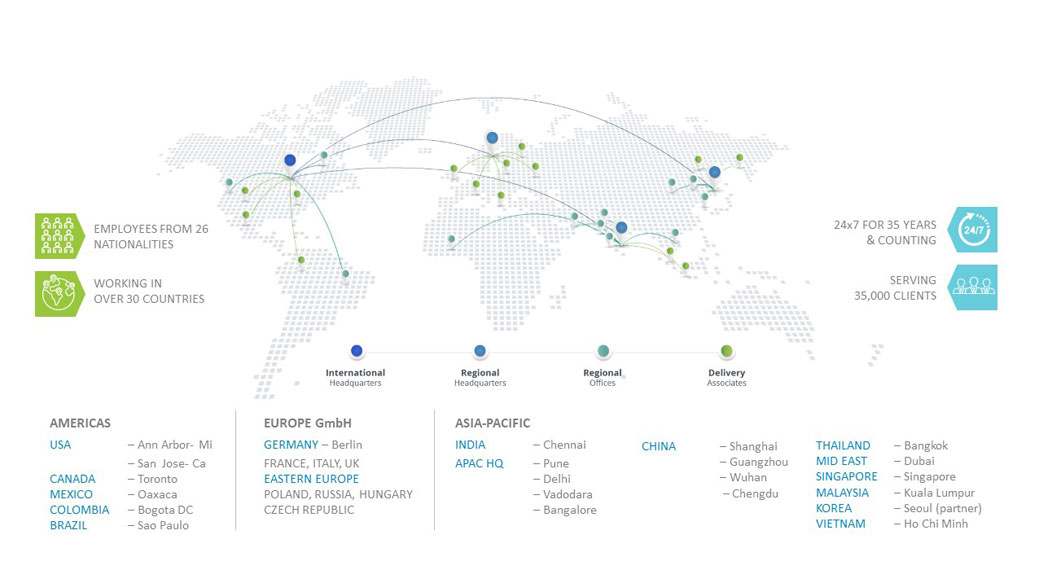What is AS9100D?
AS9100D is a supplier requirement for many aerospace customer organizations. It is an aerospace and defense consensus document based on ISO 9001, the global Standard defining the fundamental requirements for quality management systems. AS9100D was developed under the direction of the International Aerospace Quality Group (IAQG). Revision D (2016) is the current version.
Sectors, including aerospace, have added additional aerospace and defense requirements to ISO 9001 to address the needs of their sector. These documents aim to provide customers with confidence that the products and services from their suppliers will meet their requirements. Most organizations require third-party certification as evidence of the effective implementation of the AS9100D requirements.
The International Organization for Standardization (ISO) is an independent, non-governmental international organization with a membership of 169 national standards bodies, headquartered in Geneva.
- AS9100D Lead Auditor Training for Aerospace Quality Management Systems
- AS9100D Internal Auditor Training for Aerospace Quality Management Systems
- Understanding the Requirements for AS9100D for Aerospace Quality Management Systems (AQMS)
- Understanding the Requirements of AS9120B Aerospace Quality Management Systems for Aviation, Space, and Defense Distributors
- Understanding the Requirements of AS9146: Foreign Object Damage (FOD) Prevention Program
- Understanding the Requirements of AS9116: Notice of Change (NOC) Requirements
- Understanding the Requirements of AS5553 and AS6174: Counterfeit Parts and Materials
- AS9110C Lead Auditor Training for Aerospace Quality Management Systems for Aviation Maintenance Organizations
- AS9100D Internal Auditor Training for Aerospace Quality Management Systems
- Understanding the Requirements of AS9116: Notice of Change (NOC) Requirements
- Understanding the Requirements of AS5553 and AS6174: Counterfeit Parts and Materials
Speaker:
Craig Thompson
Watch WebinarWhat is AS9100D Certification?
Certification is a method for increasing a Customer’s confidence in a product and for providing product information. Third-party certification is the process by which an organization, independent of either the manufacturer or supplier, assesses product, process, or management system conformance to one or more standards. The process and participants are listed in the figures below:


How to implement AS9100D?
Recommended steps to implement AS9100D:
- Secure resources, e.g., an implementation team and budget.
- Develop and implement a communication plan for interested parties.
- Obtain and distribute copies of the Standard internally.
- Complete training as needed for the Standard and any methods it requires any Customer specific requirements, e.g., SPC, FMEA, First Article Inspection. Target audiences for training include top management, process owners, internal auditors, inspectors, and other practitioners.
- Identify and implement the processes needed for the management system.
- Record objective evidence as proof that the process requirements are met.
- Complete a gap analysis/audit.
- Address any gaps found.
- Conduct an internal audit followed by a management review.
- Address any findings.
- If required, contract with an accredited registrar (also known as a certification body) to arrange for a certification audit.
How Can Omnex Help?
Since 1985, Omnex has worked with organizations from various business sectors, providing necessary consulting, training, and information management systems. Omnex support can include documentation preparation, gap analysis, internal audits, and the integration of Omnex software modules into your MRP/ERP systems, along with ongoing system support. Many of the Omnex consultants have industry experience, and some have worked on the drafting committees for many of the standards that Omnex now supports.
Omnex offers training classes of varying levels of detail for understanding and auditing AS9100D and its related documents. Omnex auditor training and certification are based on guidance from ISO 19011, which provides guidance on auditing management systems, including:
- the principles of auditing,
- managing an audit program,
- conducting management system audits, and
- guidance on evaluating the competence of individuals involved in the audit process.

Omnex has wholly-owned offices located in various regions to provide classes with consistent content, translated and delivered in several languages.


